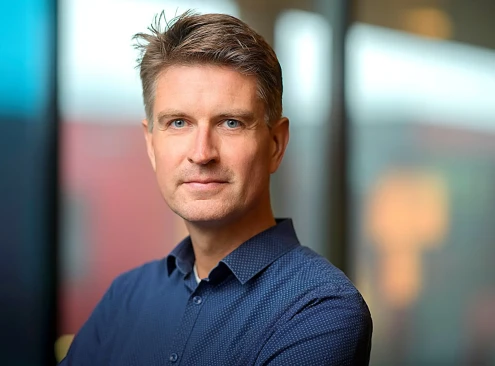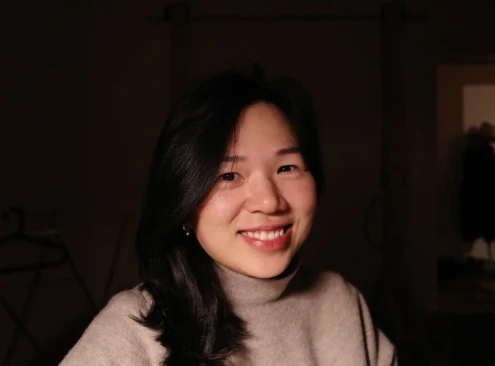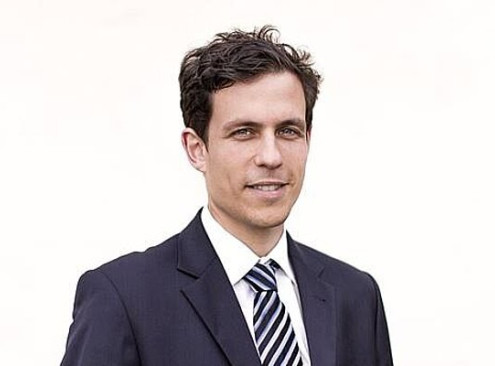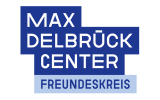© Pint of Science, 2026. Alle Rechte vorbehalten.
Step into a world where science, history, and the universe collide. Explore brain-inspired nanosystems that mimic the brain’s adaptability, a 17th-century Chinese medical text shaping modern health approaches, and the abstract world of quantum physics, where we uncover how objects move in negatively curved space. Join us over a pint as brilliant speakers break down complex ideas and offer fresh perspectives on the microscopic, the historical, and the cosmic.
Intelligent matter
Prof. Dr. Wilfred G. van der Wiel
(Professor of NanoElectronics at University of Twente)
Humans have long used materials to overcome limitations. We've evolved from simple tools to materials that respond to their environment. But can we create matter that adapts, learns, remembers, self-regulates, and shows intelligence? I explore these fascinating questions and their impact on information technology in our research on brain-inspired nanosystems.

Prof. Dr. Wilfred G. van der Wiel
How else can we see inside? A 17th Century Chinese perspective on the human body
Ruixuan Du
(Student at Humboldt Universität zu Berlin)
Are there other ways to understand what lies within the body besides dissection? This talk explores one possibility through a 17th-century Chinese medical text: Classic on the Mirror of the Human Body (1606). From the perspective of the history of science, it considers what kinds of imagination underlie our ways of knowing the body—and how do they guide medical thought and practice?

Ruixuan Du
How objects move in a negatively curved space
Prof. Dr. Ronny Thomale
(Professor for Theoretical Physics at Würzburg University)
Is space curved? This question has concerned physicists across all disciplines and centuries. Modern mathematics allows to imagine flat space, like a plane sheet of paper, positively curved space, like a sphere, but also negatively curved space. What does negatively curved space, aka hyperbolic space, look like, how come it appears close to a black hole, and why do modern quantum computers use this as an efficient technology to store information? Lets find out together.

Prof. Dr. Ronny Thomale
© die Mitwirkenden OpenStreetMap


